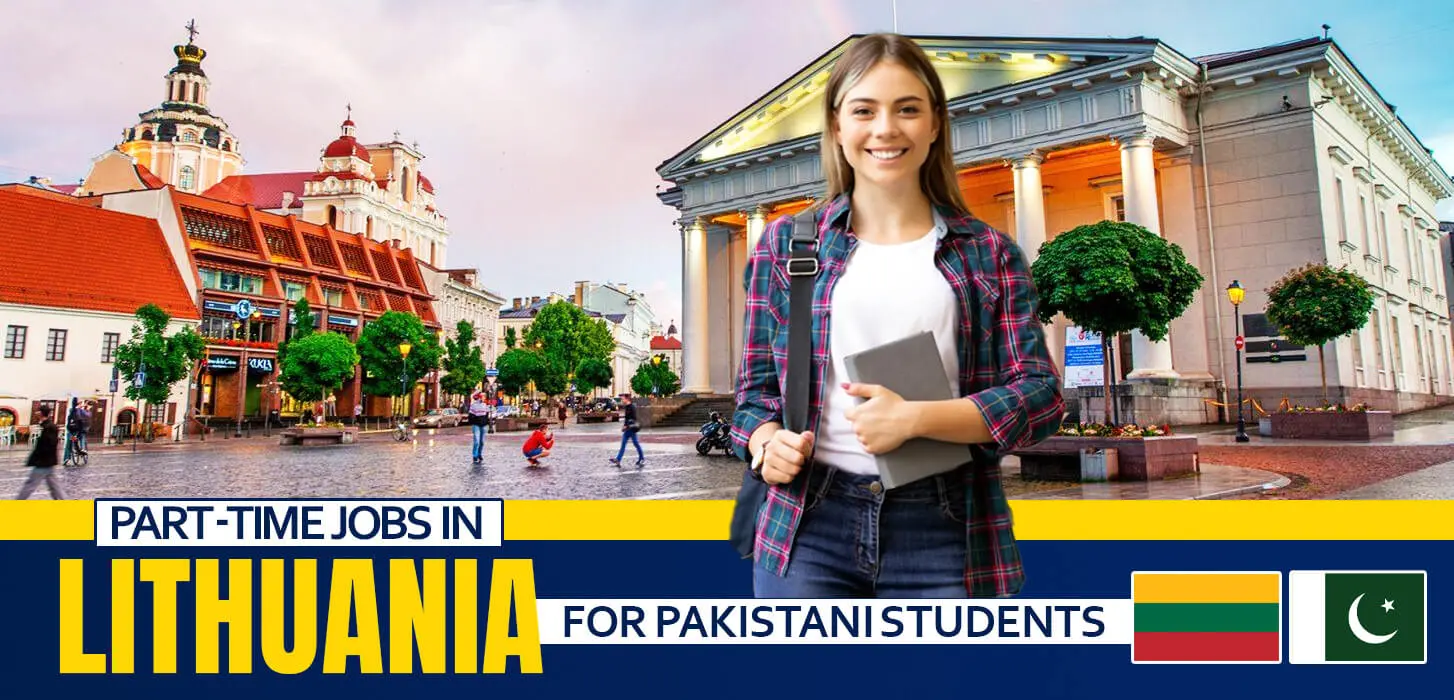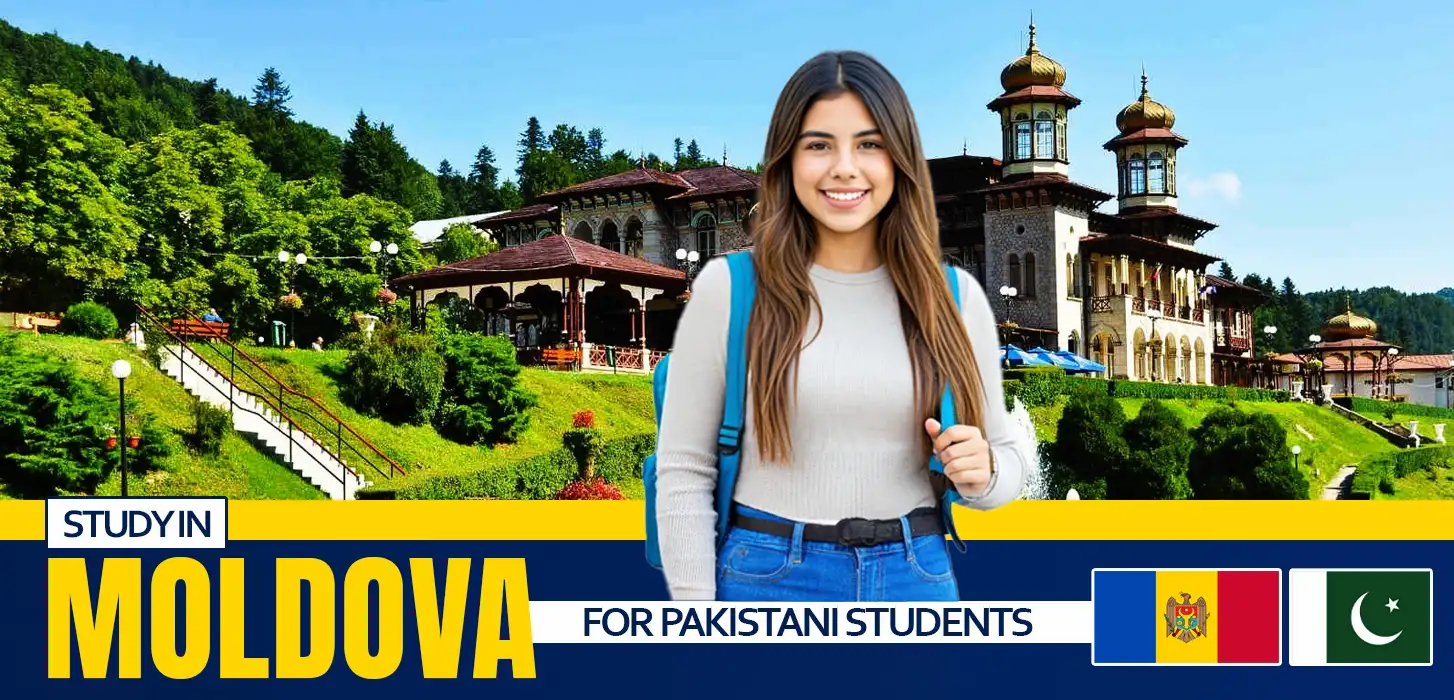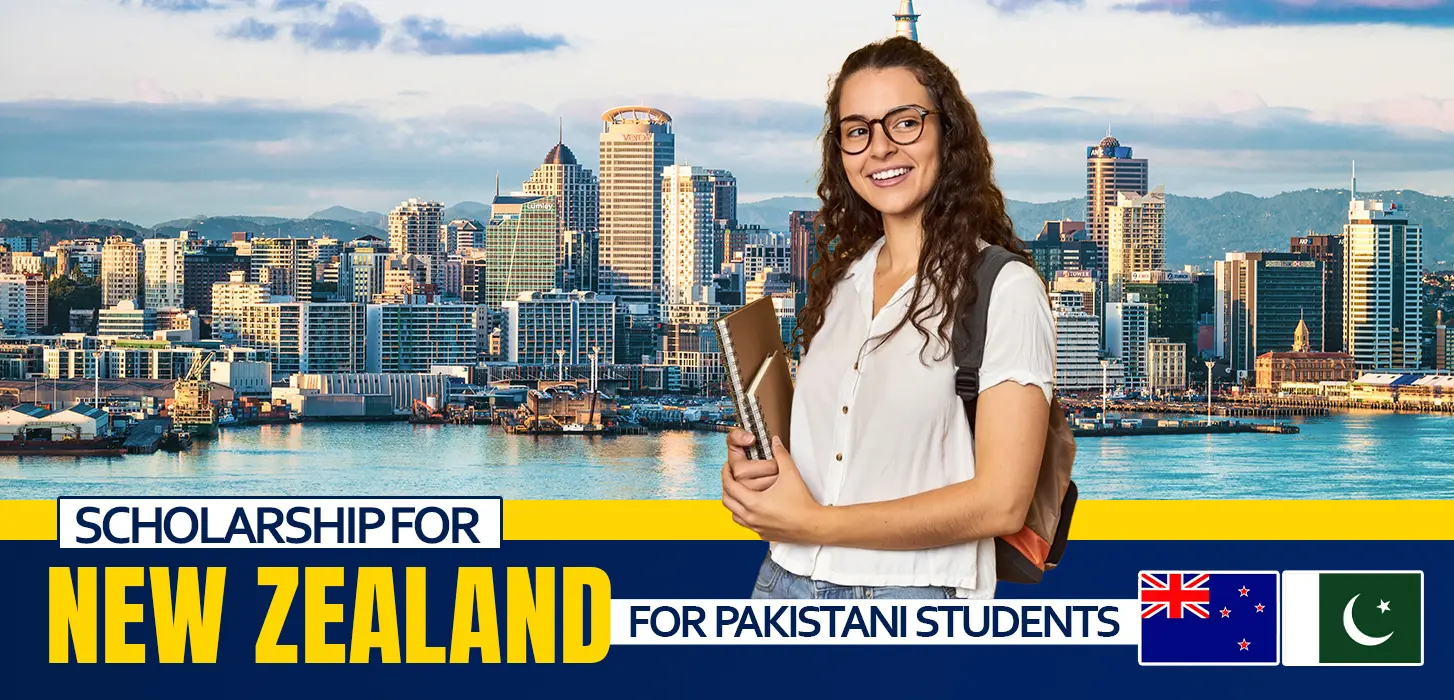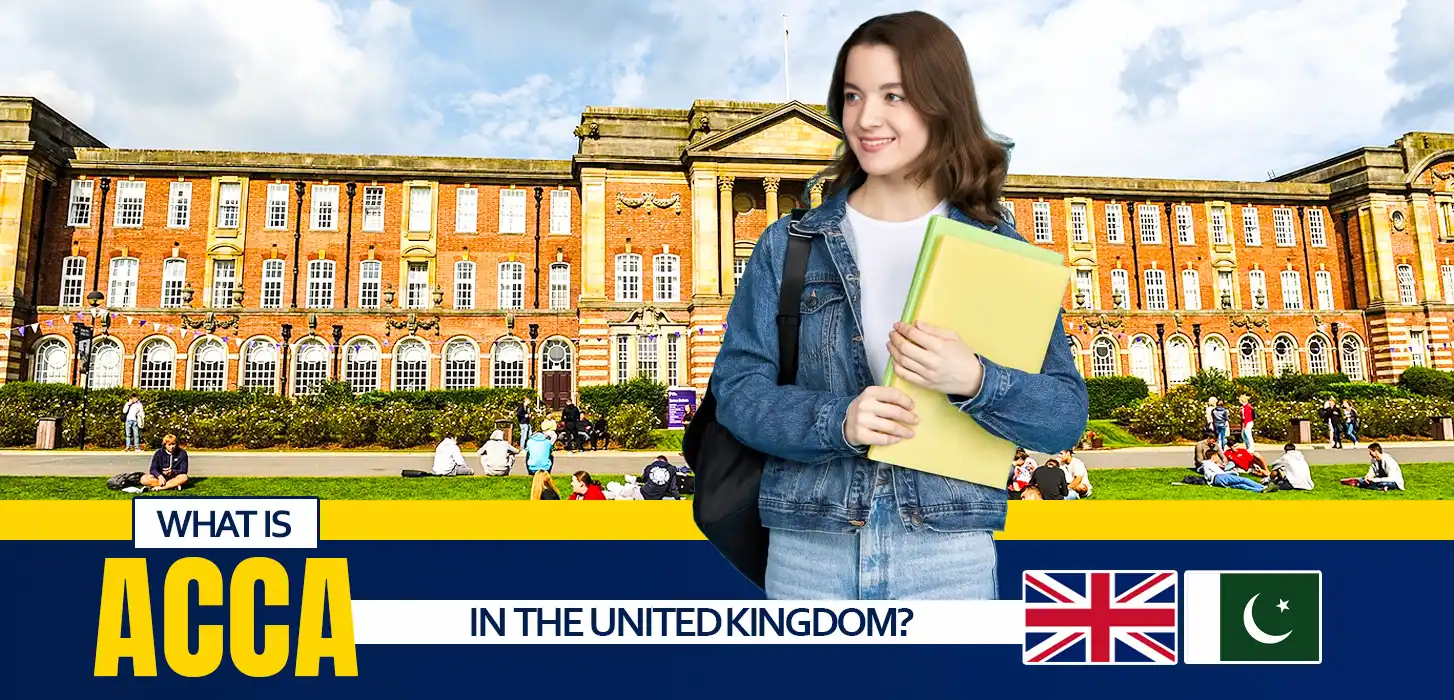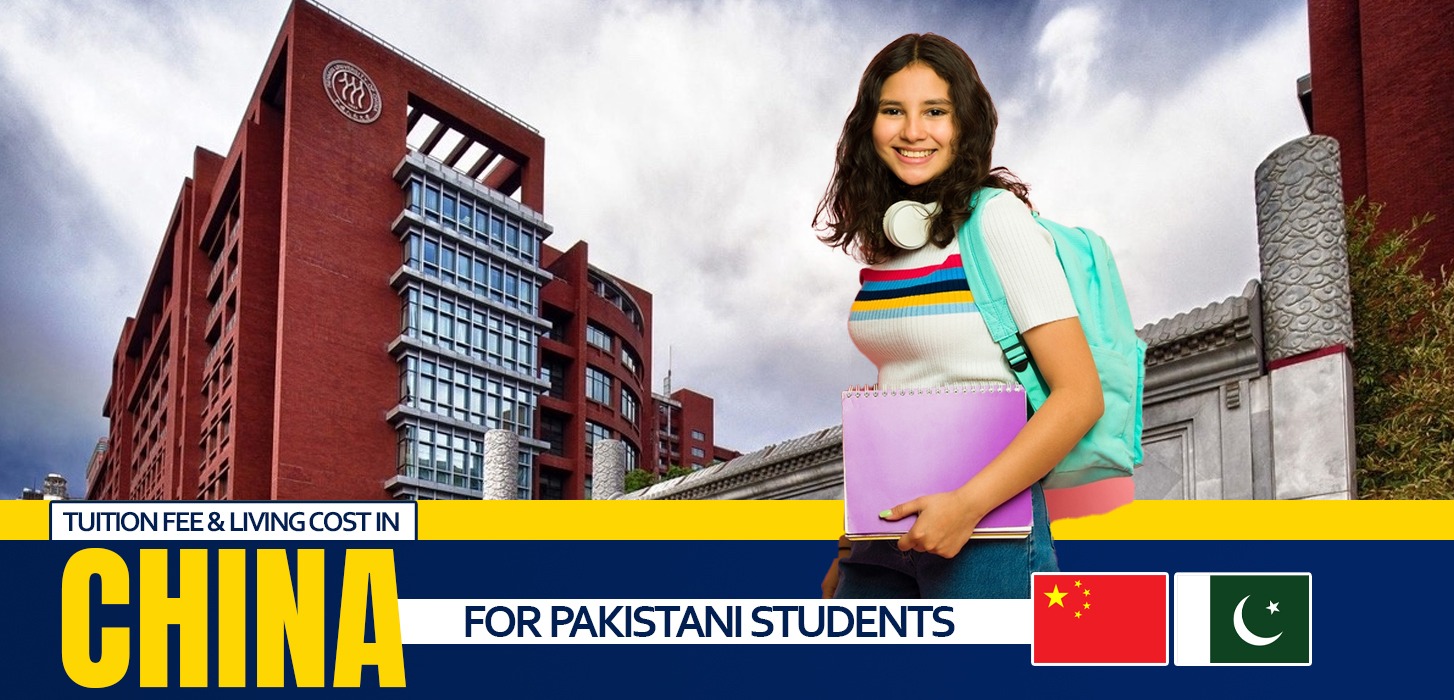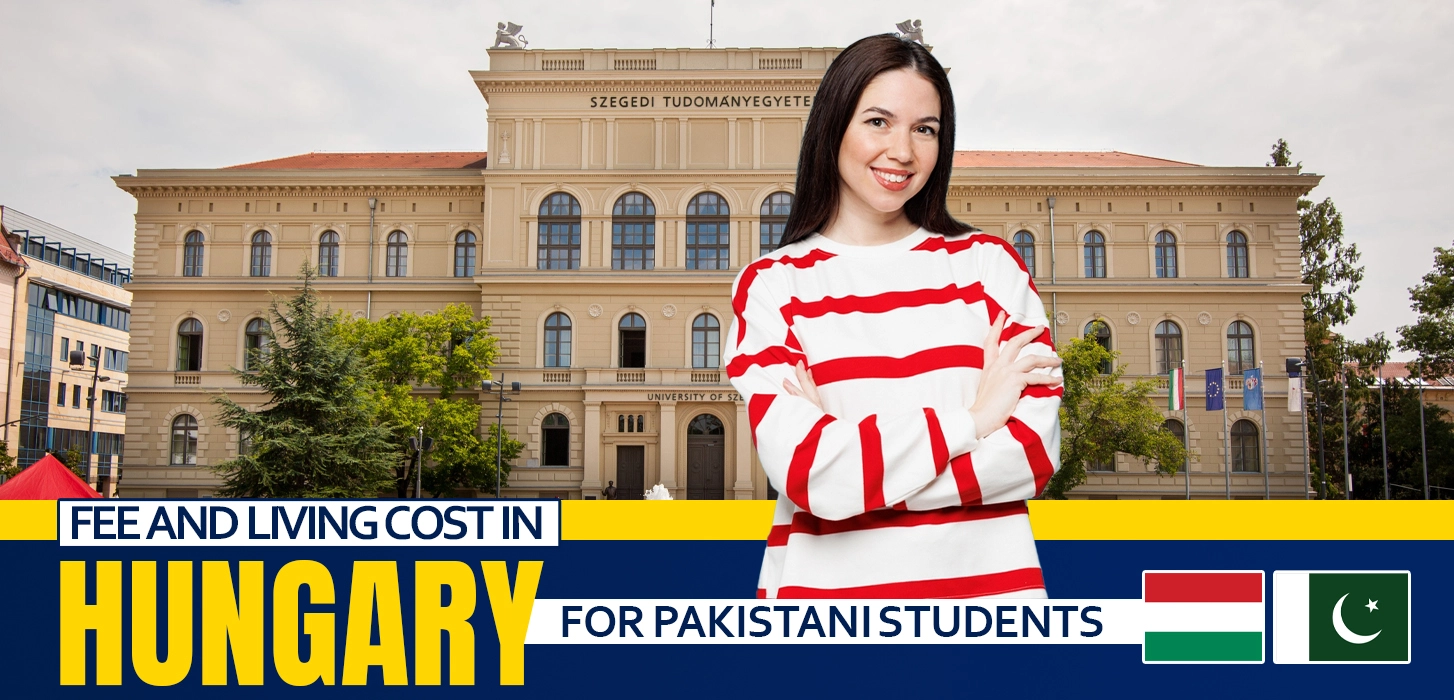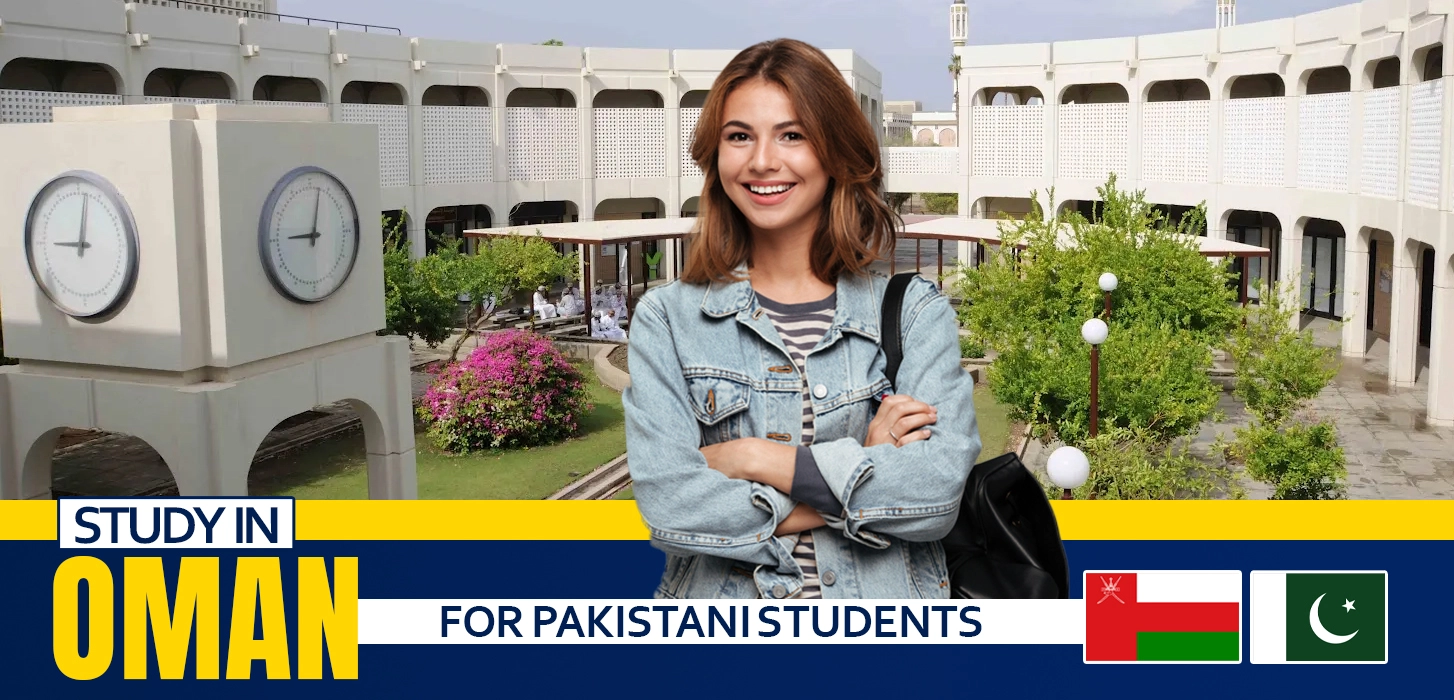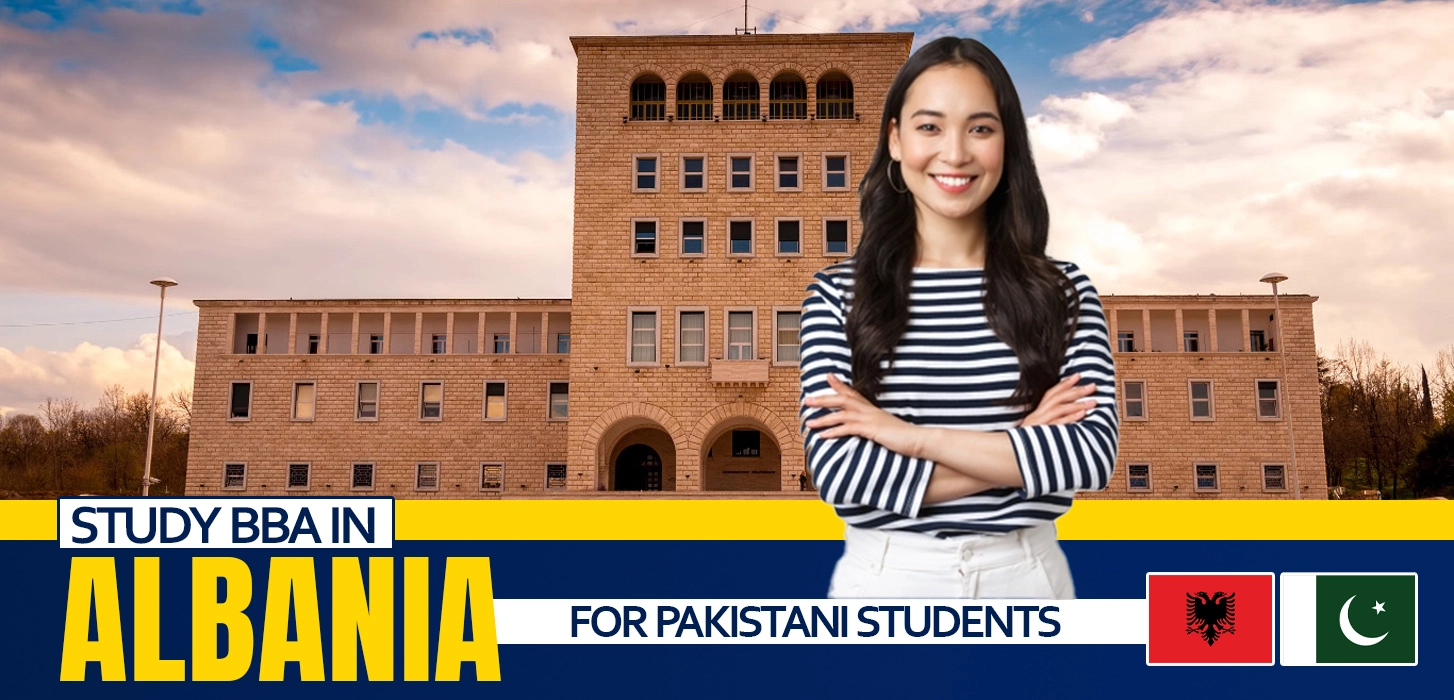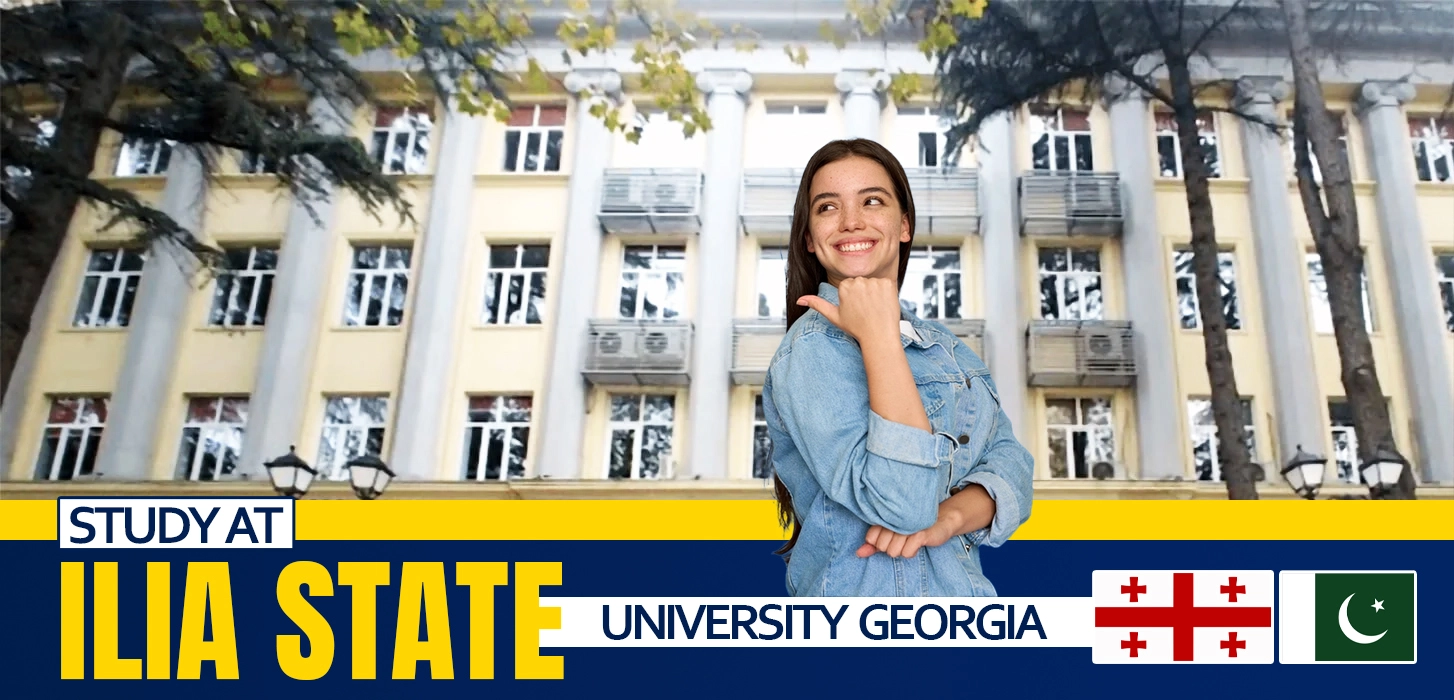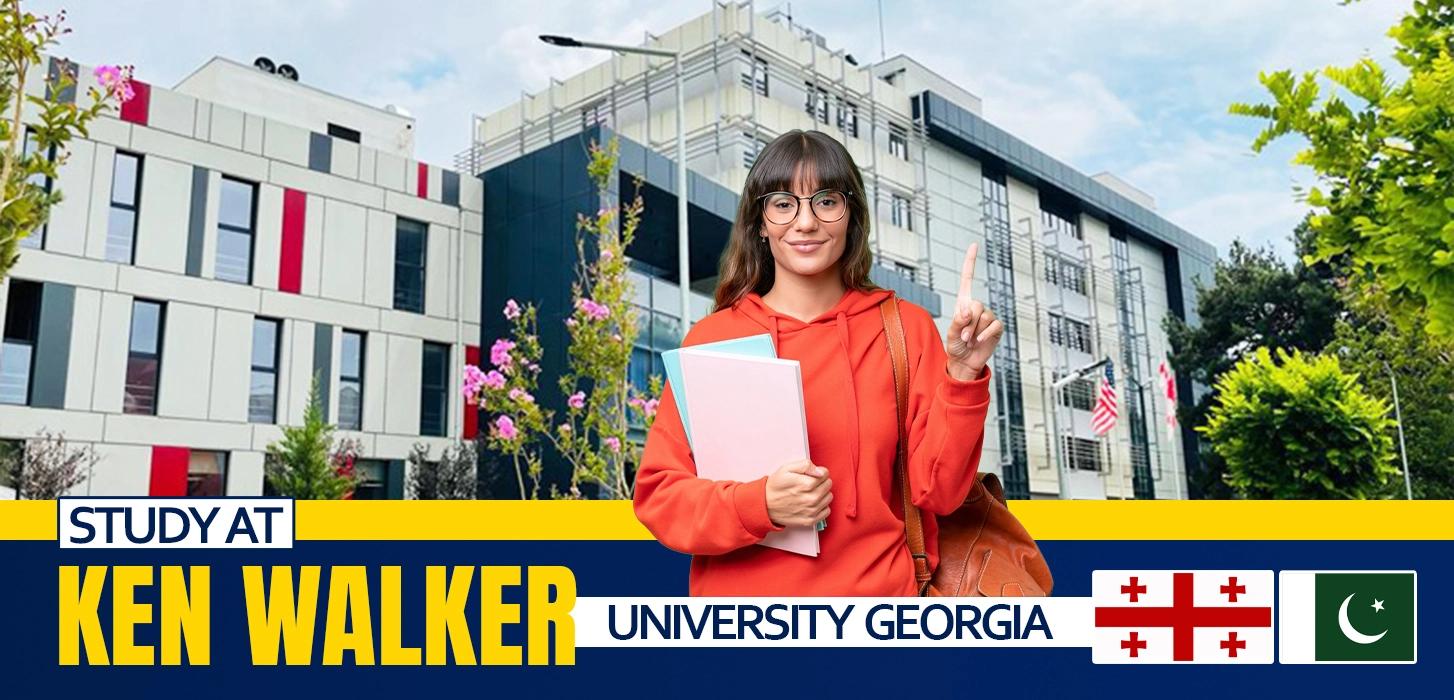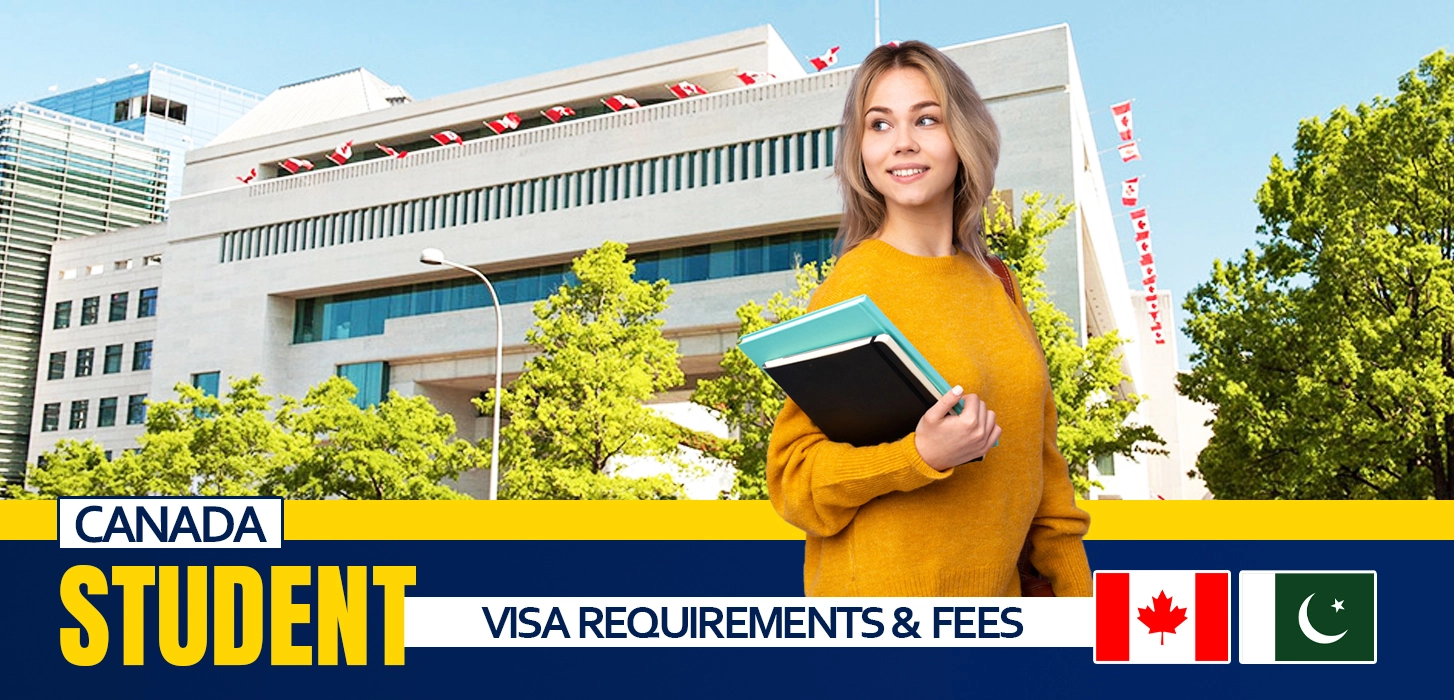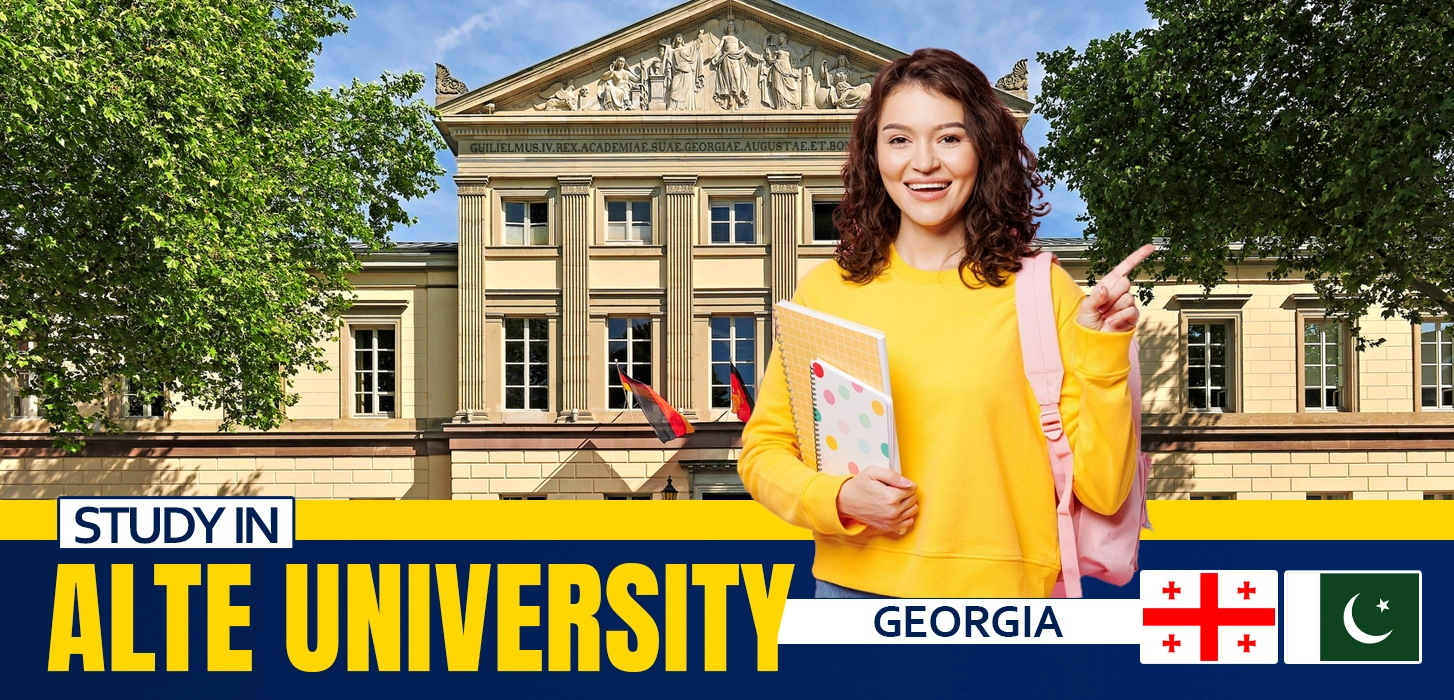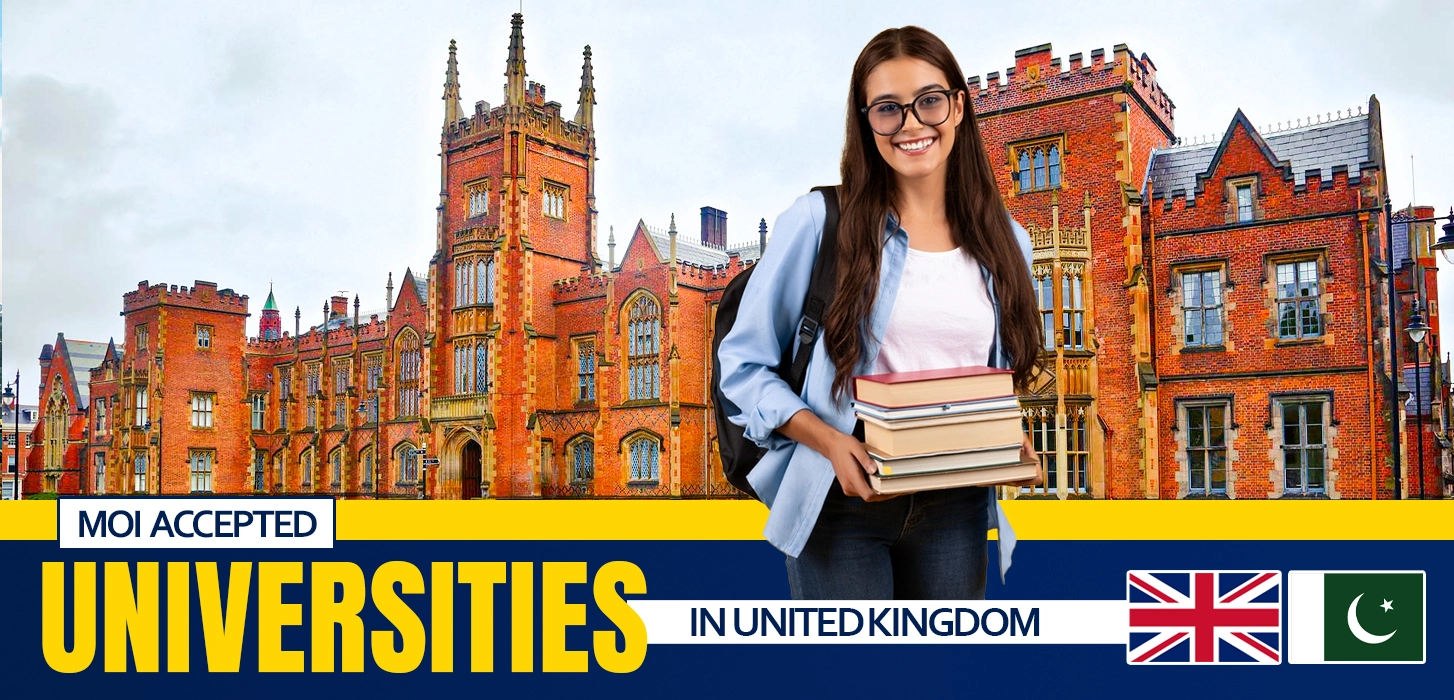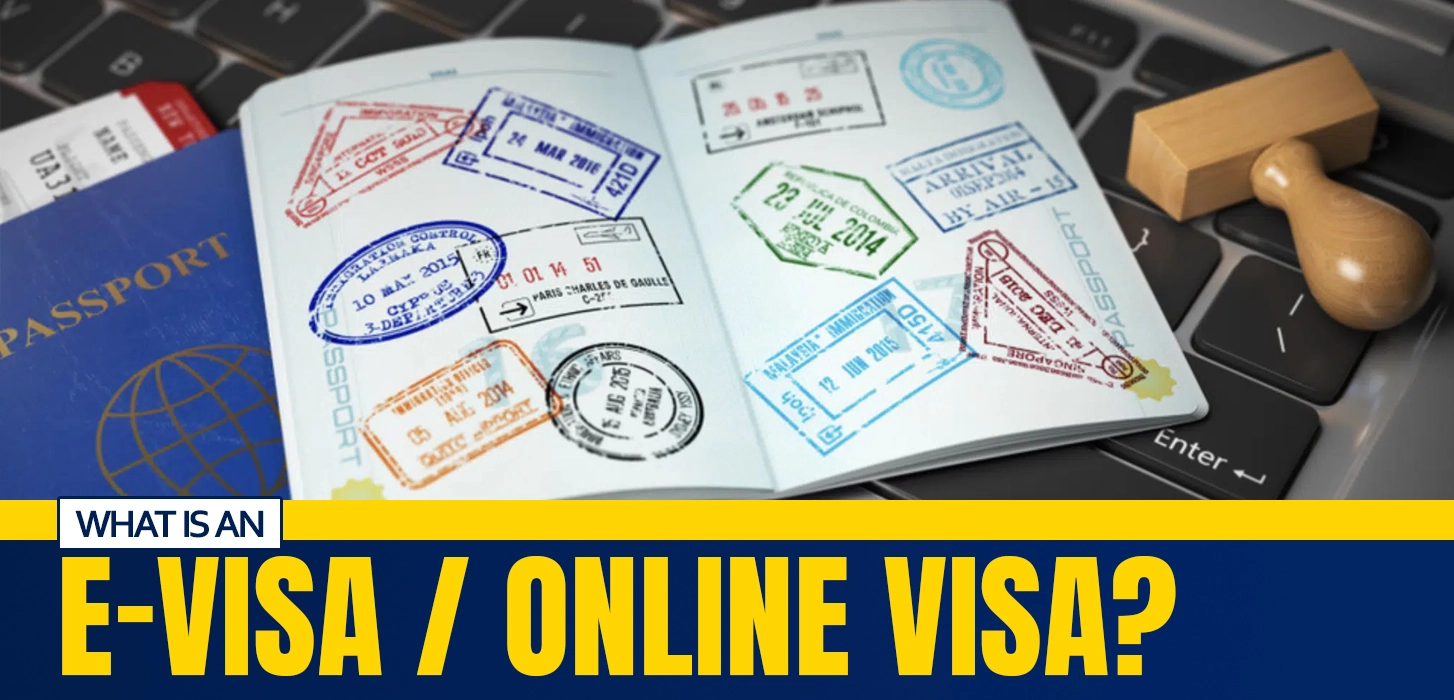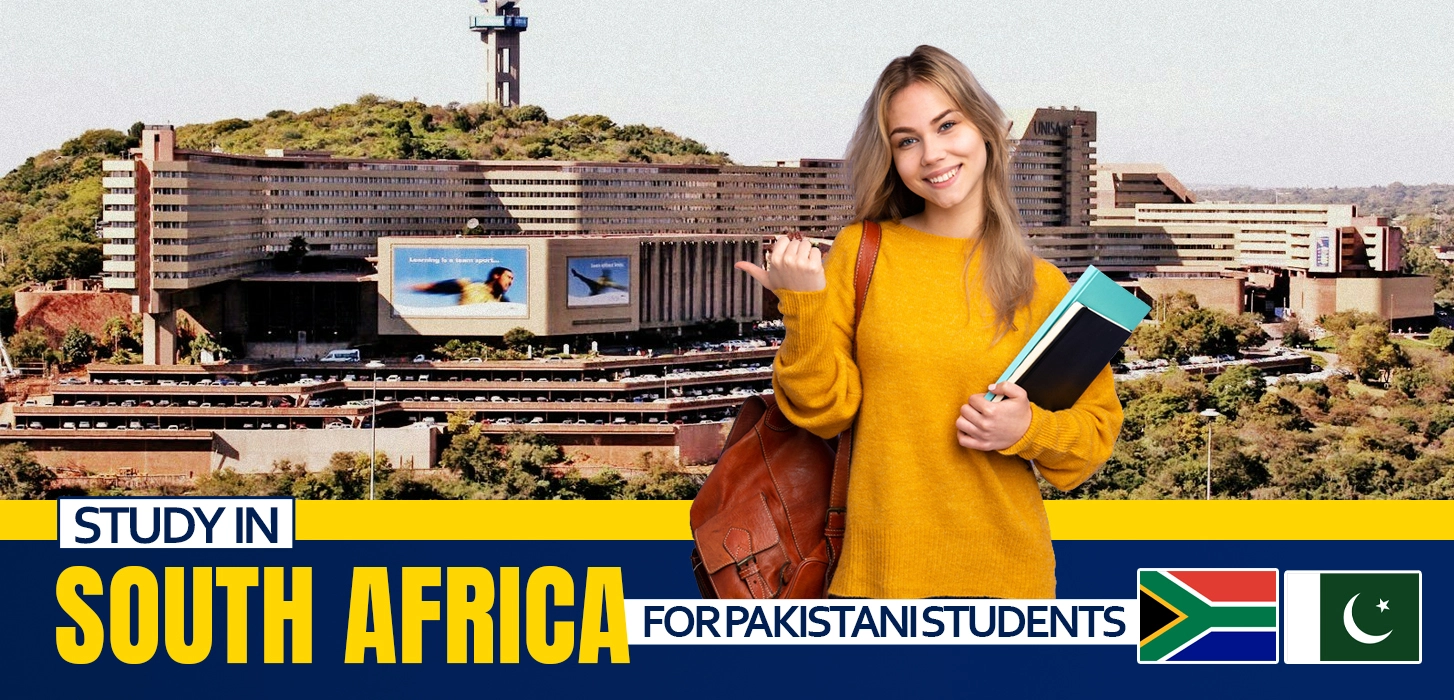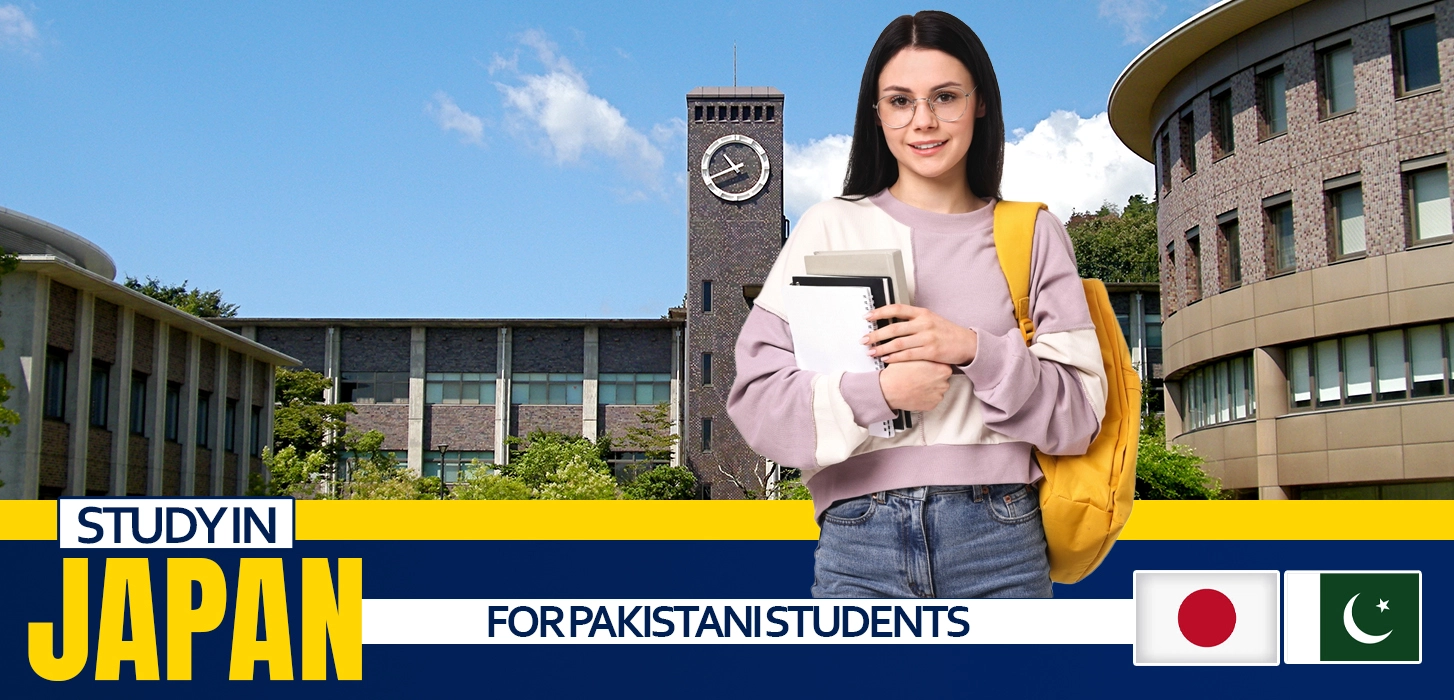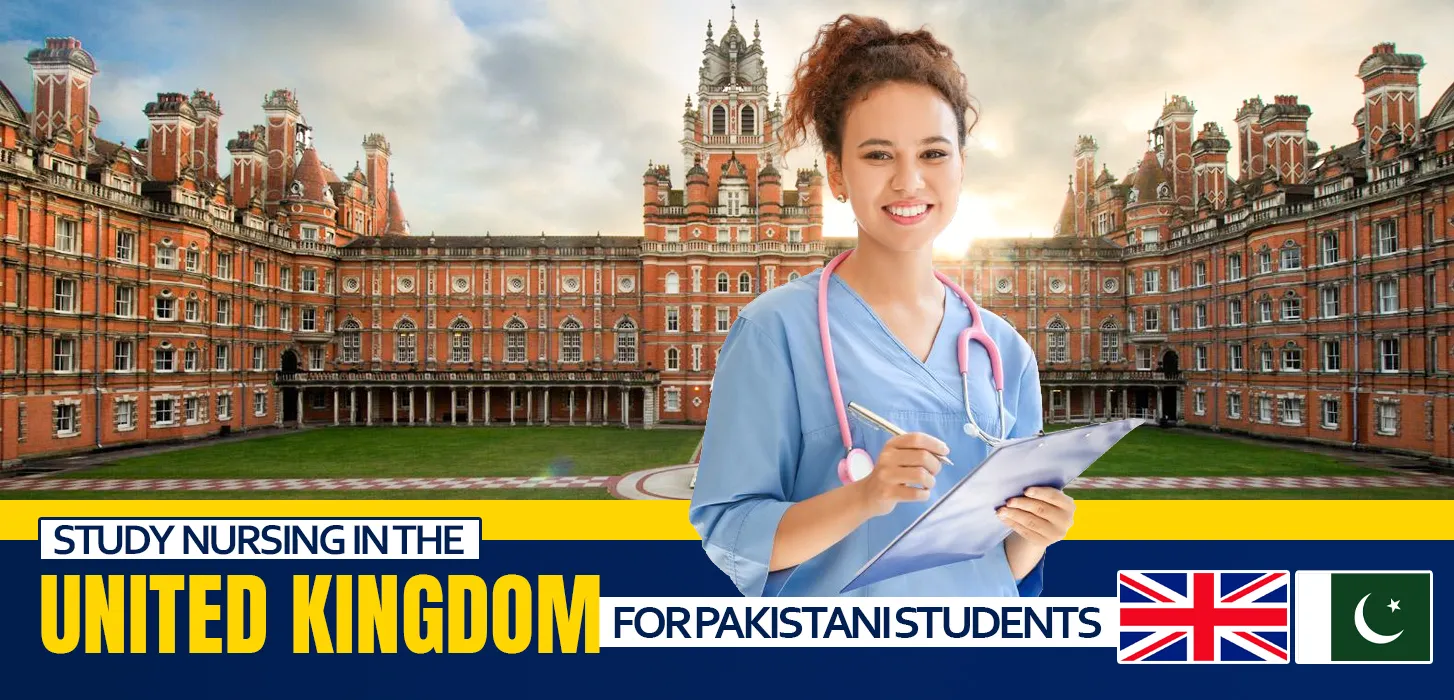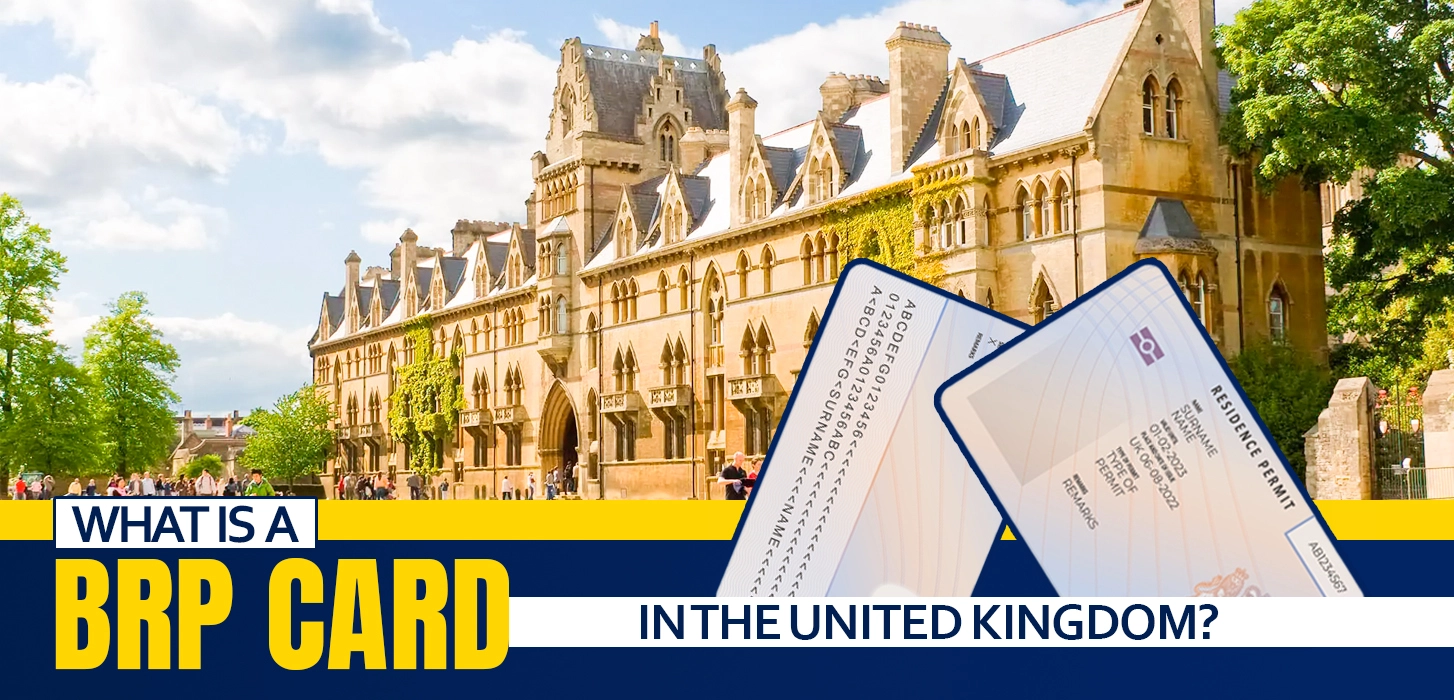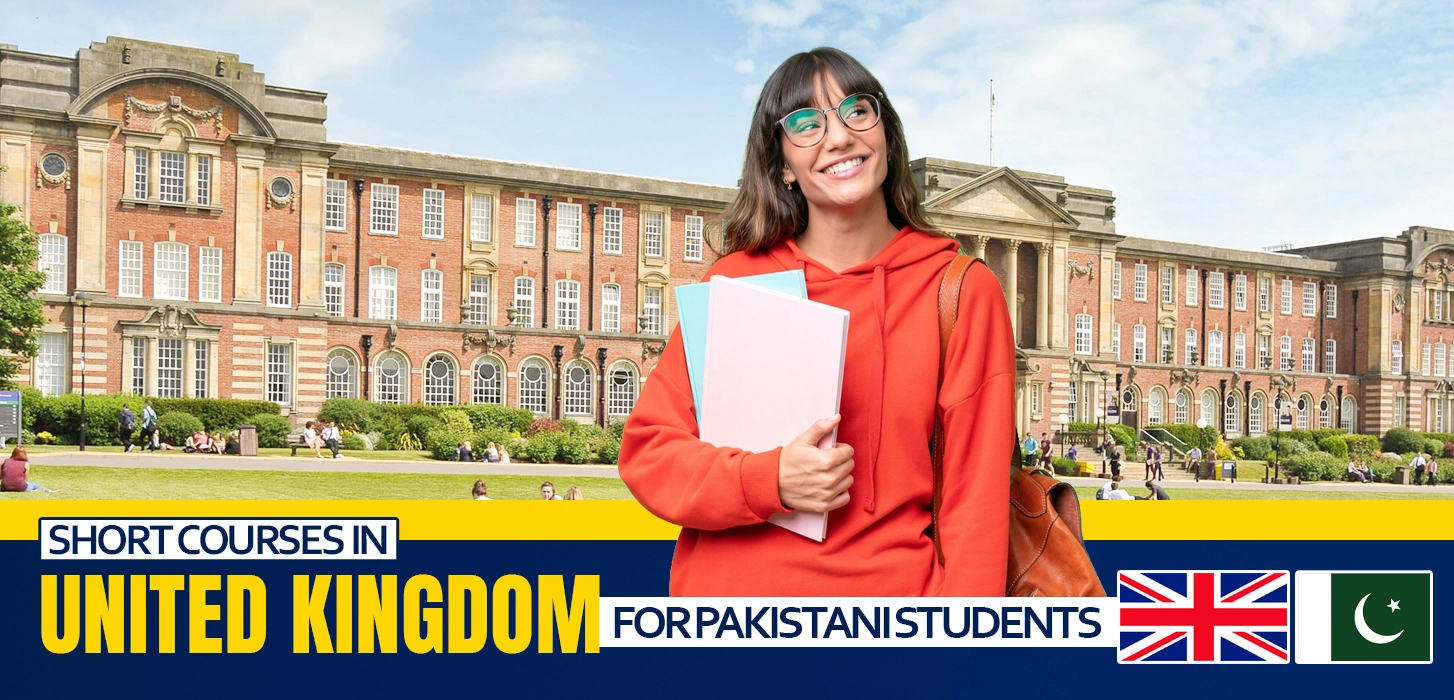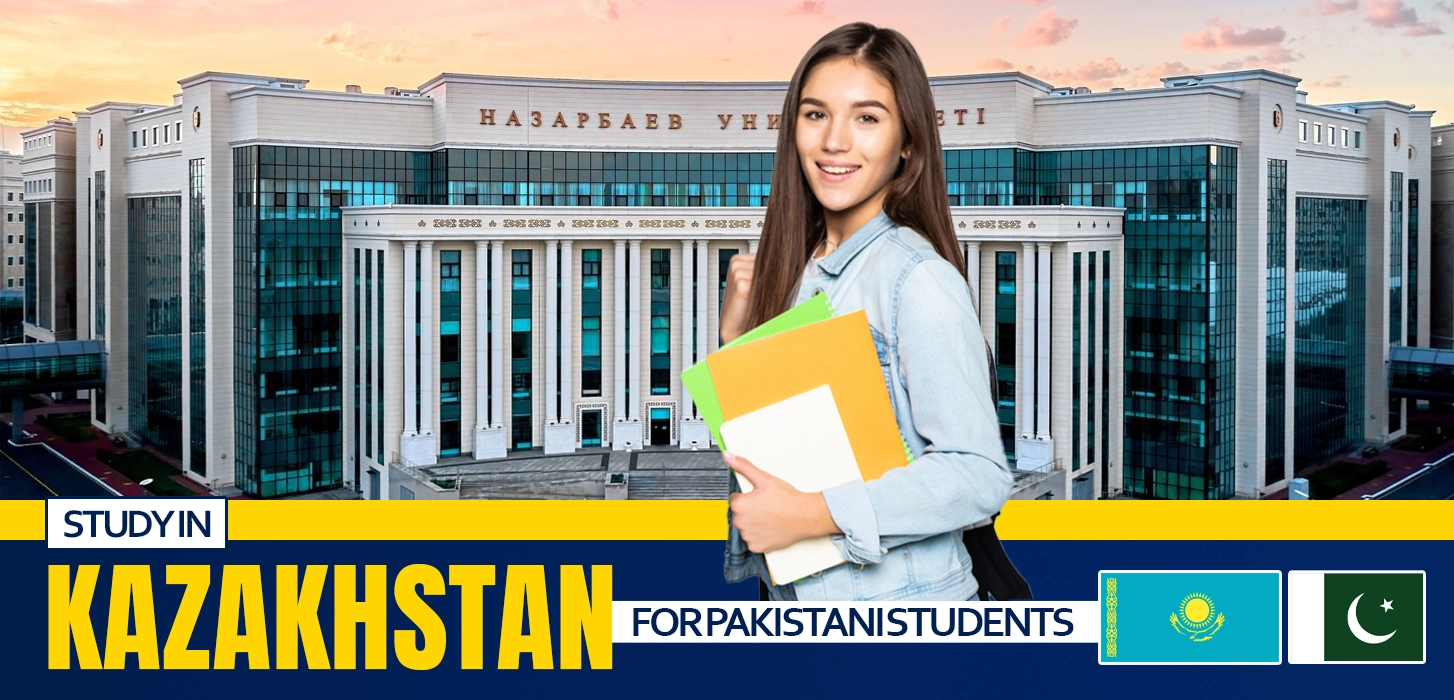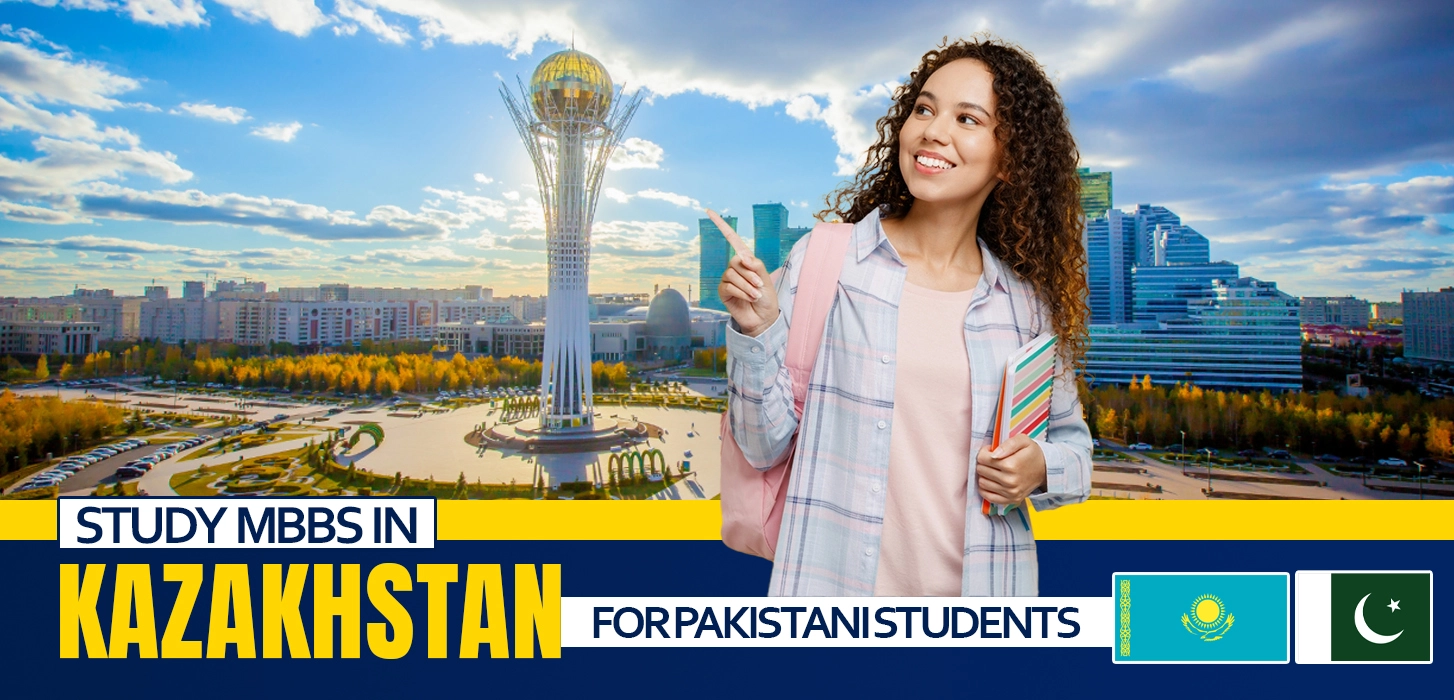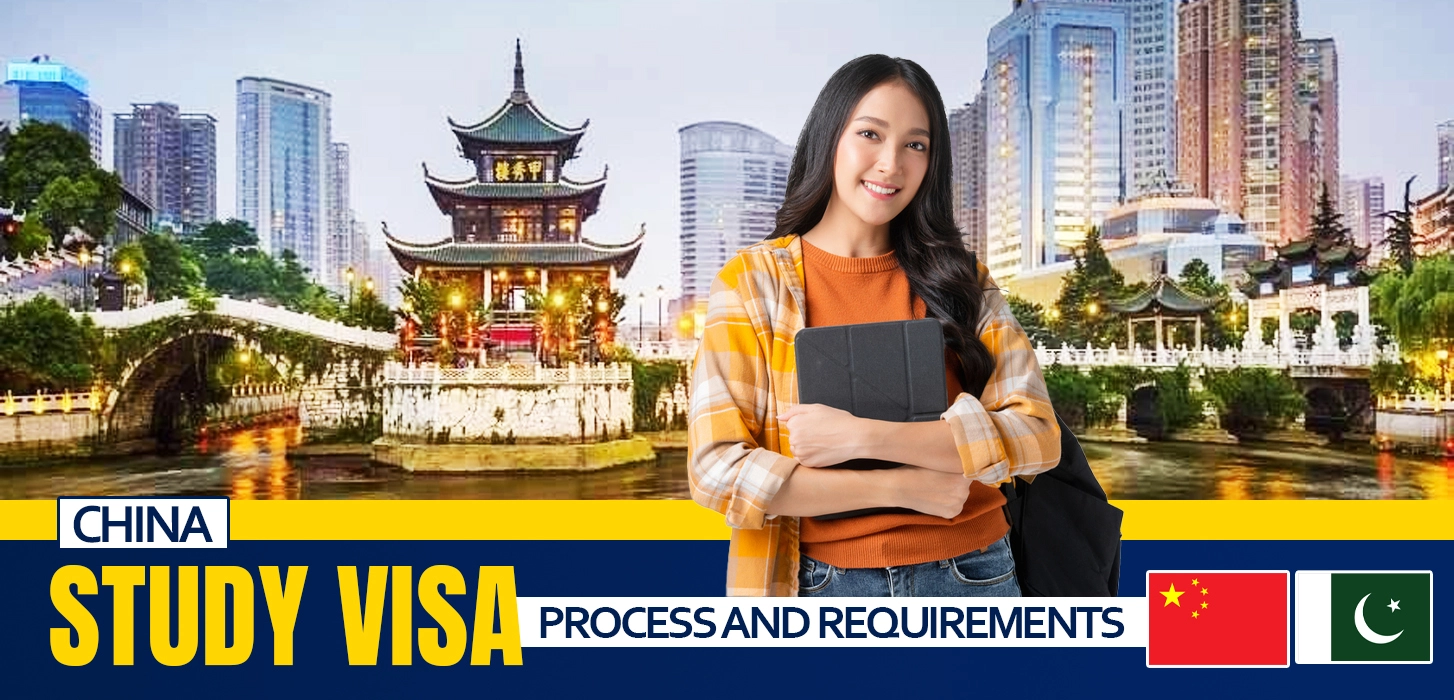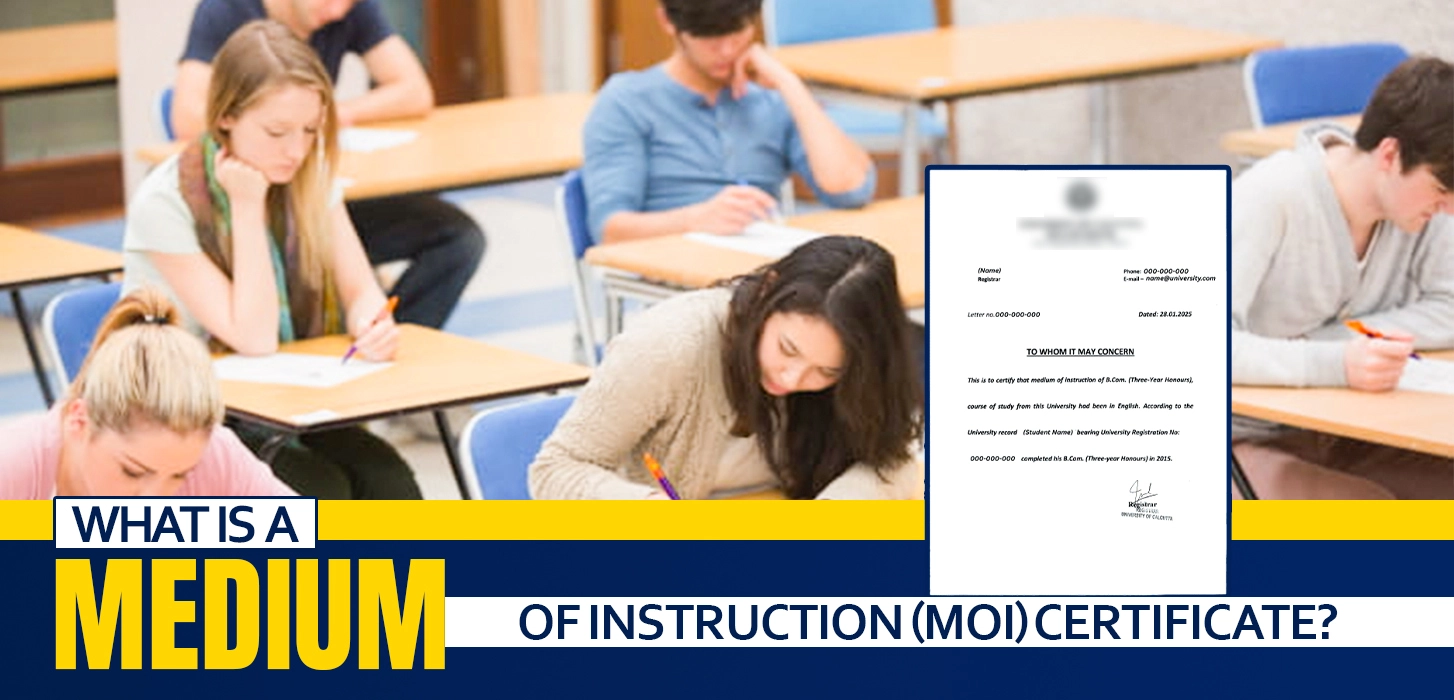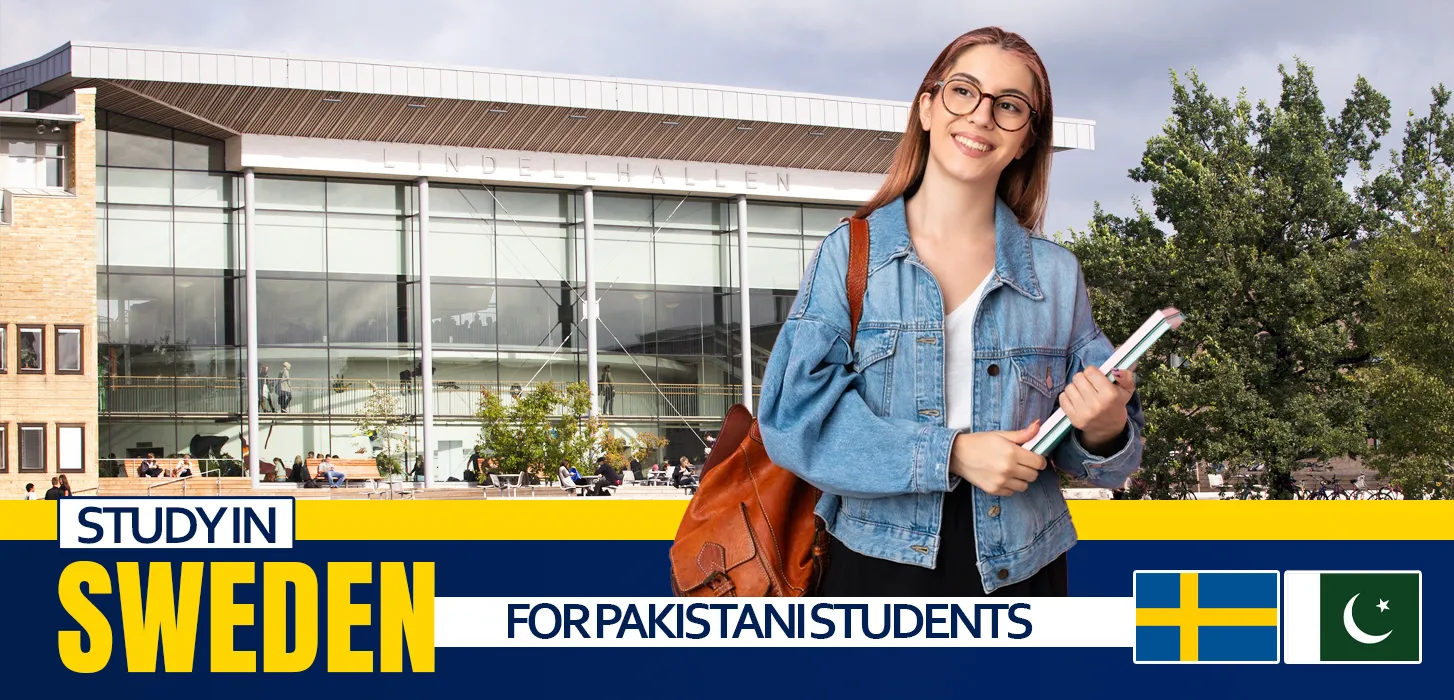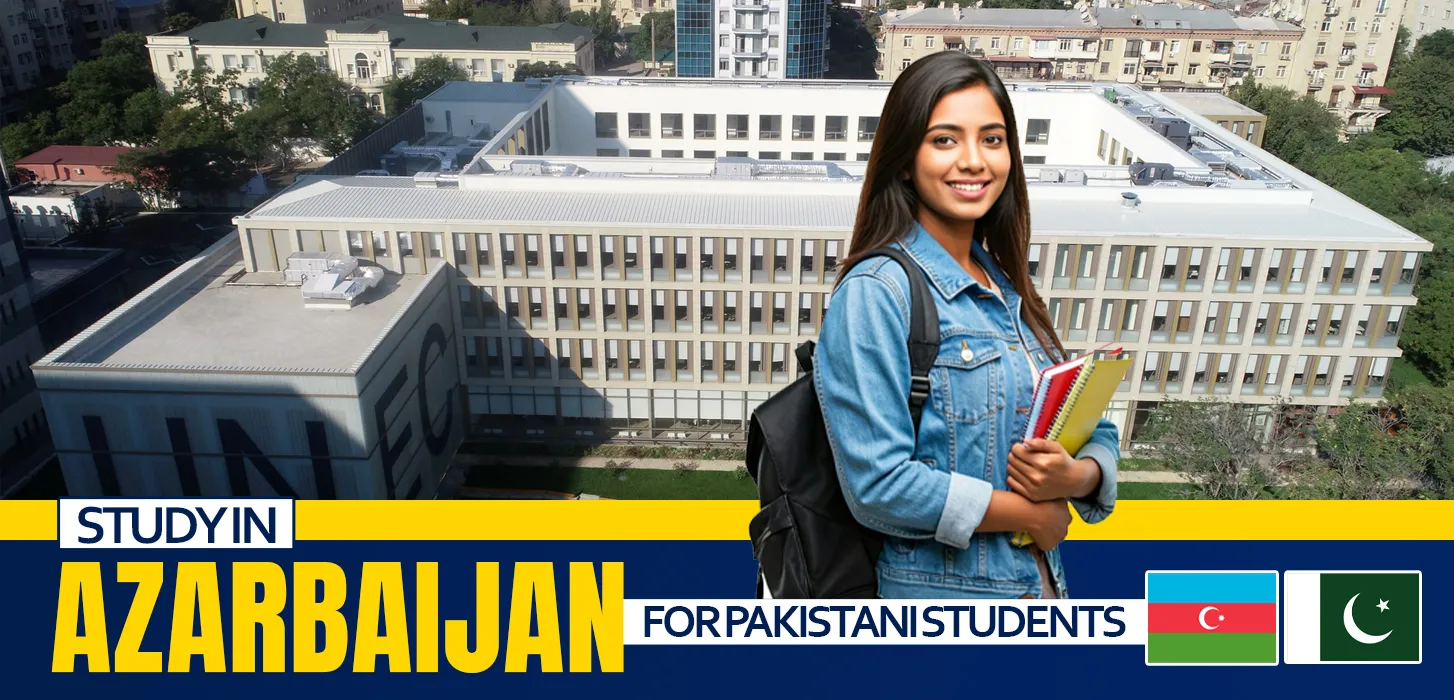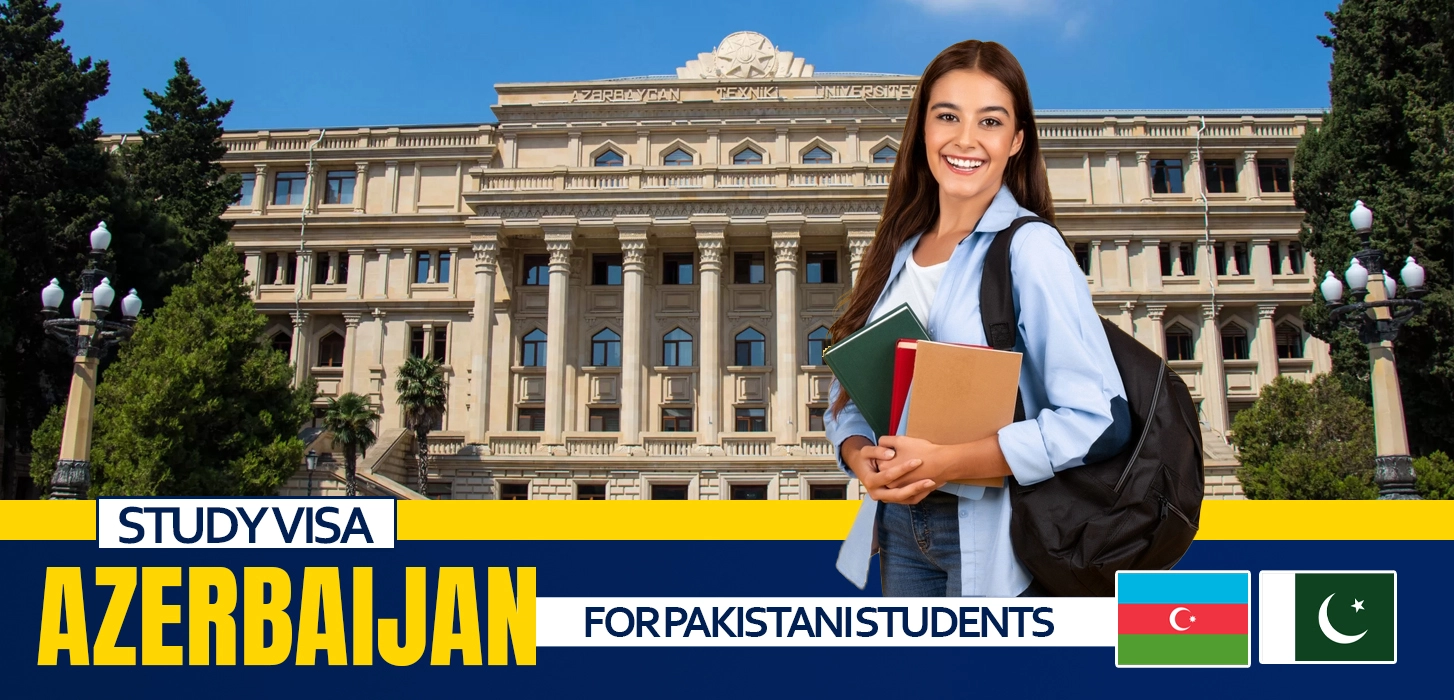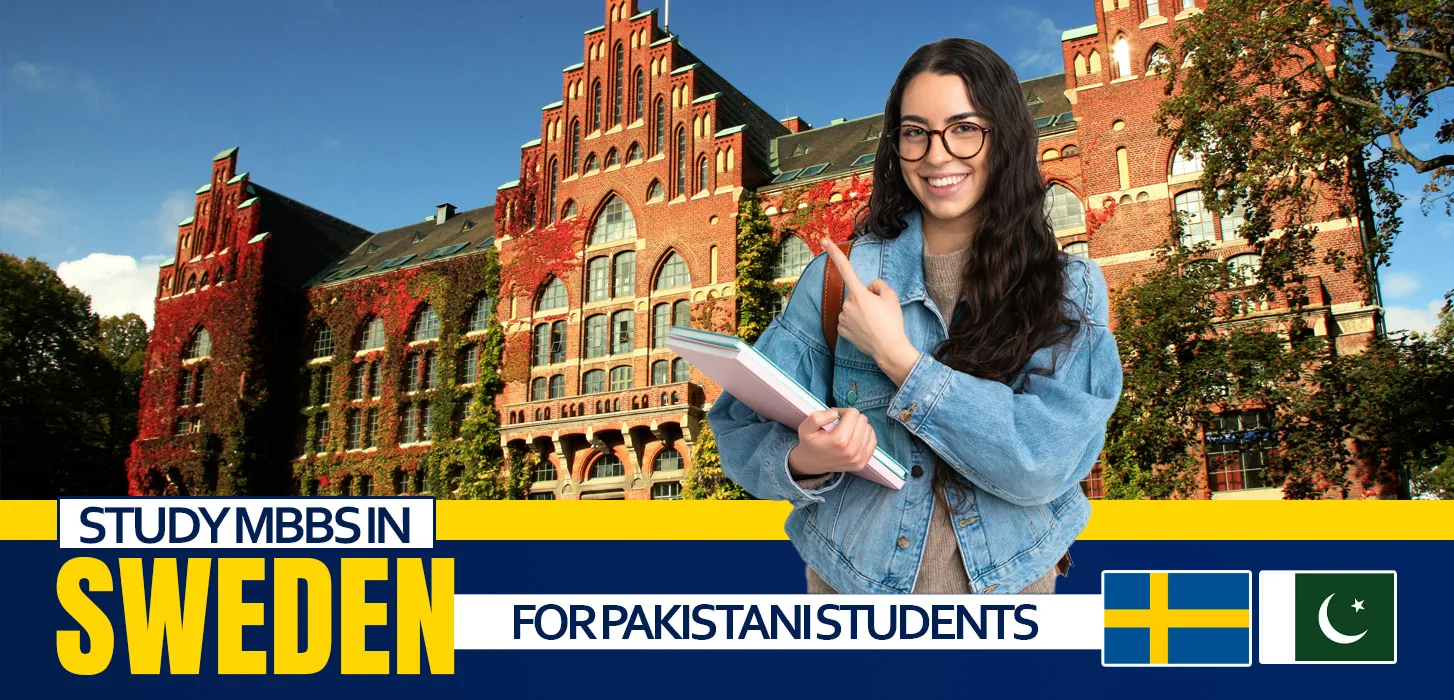Benefits and Challenges of Studying in Albania for International Students
Albania is becoming a favorable choice for international students—especially from Pakistan—due to its unique mix of affordability and global accreditation. English-taught programs in Medicine, Engineering, and Business are offered without mandatory IELTS requirements, easing linguistic entry barriers. Many medical schools are WDOMS-listed, enabling eligibility for NLE, PLAB, and USMLE. Low tuition ($3,500–$7,000) and living costs ($250–$350/month) appeal to budget-conscious students. The streamlined admission process and faster visa approvals are facilitated by minimal bureaucratic hurdles. Cultural safety, low barriers to entry, and accessible faculty make studying in Albania a viable option for students aiming for international qualifications in health sciences, economics, and technology. However, limited part-time work options and post-graduation settlement challenges remain. Still, Albania’s accessible faculty and safe, student-friendly culture support academic success and global mobility.
Benefits of Studying in Albania
Studying in Albania combines affordability, European exposure, and global recognition. Albania offers a student-friendly lifestyle, English-based education, and fewer bureaucratic hurdles. Following are the benefits of studying in Albania for Pakistani students.
- Affordable Tuition Fees: Tuition costs range from $3,500 to $7,000/year for Medicine, Business, and IT degrees—lower than in many EU countries.
- English-Taught Programs: Many public and private universities offer English-medium courses at undergraduate and postgraduate levels.
- Globally Recognized Degrees: Albanian universities offering Medicine are WDOMS-listed and approved by WHO and ECFMG, making their degrees valid for PLAB, NLE, and USMLE.
- Simplified Visa Process: Albania has a relatively simple and faster visa process, with approval timelines between 3–5 weeks for Pakistani and African students.
- Low Living Expenses: Students spend around $250–$350 per month, including rent, transport, and groceries—ideal for those on tight budgets.
- Diverse Student Body: Albania is home to students from Pakistan, Nigeria, Egypt, and Bangladesh, creating culturally familiar peer networks.
- Safe and Stable Environment: With low crime and political stability, Albania offers a peaceful setting for international students.
- Early Clinical Exposure: Medical students get early access to hospital environments and hands-on training in university-affiliated clinics.
- No Entrance Exams for Most Programs: Most universities accept FSc or equivalent credentials without requiring entry tests for non-EU applicants.
- Post-Graduation Mobility: Albanian degrees serve as a pathway to EU, UK, and Middle Eastern postgraduate or licensure options.
Challenges of Studying in Albania
Despite its growing appeal, studying in Albania presents certain challenges such as limited work rights, language barriers, and agent-related fraud. Engaging with top education consultants Pakistan can prevent aforementioned costly mistakes. Following are the most common challenges of studying in Albania for international students.
- Language Limitations Beyond Campus: Instruction may be in English, but daily life (transport, shopping, public services) often demands basic Albanian.
- Restricted Part-Time Work Options: Legal part-time work is limited and not structured; students must plan finances without depending on part-time earnings.
- Unverified Agents and Scams: Cases of students being misled or overcharged by fake agents are reported. Verification of agents is essential.
- Visa Delays in Specific Cases: Though generally efficient, delays may occur due to incomplete documentation or embassy backlogs.
- Cultural and Weather Adjustments: Albania experiences cold winters, which may be tough for students from South Asia or Africa. Social norms may differ considerably.
- Complex Health Insurance Plans: Many students struggle to understand or choose suitable insurance. Without local guidance, coverage may remain unclear or insufficient.
Tips to Deal with Challenges
These strategies can help overcome the most common obstacles while studying in Albania:
- Use Verified Education Agents: Only work with licensed consultants with verified success in Albanian student placements.
- Learn Basic Albanian: Use apps or online tools to learn common Albanian phrases to ease daily communication.
- Budget Before Departure: Prepare to fund 6–12 months of tuition and living expenses to reduce mid-course financial stress.
- Read Insurance Terms Thoroughly: Choose a policy accepted by Albanian hospitals and clinics; ensure coverage includes emergencies.
- Engage in Student Networks: Join online groups of Pakistani or African students in Albania for advice, housing, and emotional support.
- Avoid Illegal Work: Understand and follow Albania’s work regulations to avoid penalties and visa complications.
- Pack Season-Appropriate Clothing: Prepare for winter with thermal wear and warm jackets, especially if coming from tropical regions.
FAQs
Is Albania a good option for studying MBBS?
Yes, several Albanian medical universities are WDOMS-listed, offering affordable MBBS programs with early clinical exposure and English-medium instruction.
Can I work part-time while studying in Albania?
Legal part-time opportunities are limited. Students should not rely on work for financial sustainability and must plan funding in advance.
Is IELTS mandatory for studying in Albania?
No, most universities waive IELTS if you provide proof of prior education in English. This benefits Pakistani and African students with English-medium backgrounds.
How much does it cost to study in Albania per year?
Annual tuition ranges from $3,500 to $7,000. Monthly expenses fall between $250–$350, including food, housing, and transport.
Are degrees from Albanian universities internationally recognized?
Yes, particularly in medicine. Universities listed in WDOMS and approved by WHO, ECFMG, and PMDC offer degrees accepted for global licensure.
How long is the MBBS program in Albania?
The MBBS program spans 6 years, including classroom education and practical hospital rotations through teaching hospitals.
What documents are required for admission?
You’ll need a valid passport, academic transcripts (10th and 12th grades), a medical certificate, passport photos, and proof of English proficiency (if required).
Can I settle in Albania after graduation?
Albania does not offer easy permanent residency, but it provides a European qualification that supports career migration to the EU, UK, or Gulf countries.
What is the visa success rate for Albania?
Genuine applicants with complete documentation enjoy a high visa approval rate, especially when guided by professional consultants.
Recent Post
Lithuania has become an attractive destination for Pakistani students seeking...
Many Pakistani students dream of studying abroad but are often...
According to the Ministry of Education and Research report, In...
Pursuing higher education in New Zealand is a top destination...
The UK has always been a student-preferred destination for gaining...
Understanding the tuition fee & living cost in China is...
Hungary is an increasingly popular choice for Pakistani students pursuing...
Studying in Oman is an excellent opportunity for Pakistani students...
In 2024 over 7,000 international students studied in Albania, with...
No doubt with its rich culture, Georgia is a hub...
Study at Ken Walker International University is the top choice...
Canada remains a top destination for international students, offering world-class...
Alte University is home to over 2,500 students from 45+...
Securing a UK student visa can feel challenging—especially when language...
Study in South Africa from Pakistan is a budget-friendly option...
Studying in Japan offers Pakistani students a chance to access...
The UK CAS Letter (Confirmation of Acceptance for Studies) is...
For many Pakistani students aspiring to pursue a career in...
A BRP card in the UK (Biometric Residence Permit) is...
For Pakistani students seeking global exposure without the long-term commitment...
Study in Kazakhstan for Pakistani Students offers affordable, globally recognized...
Kazakhstan is becoming an increasingly popular destination for Pakistani students...
China is one of the fastest-growing destinations for Pakistani students...
Studying at Ulster University in the UK presents an exceptional...
As international education expands, language proficiency remains a key requirement...
Study in Sweden for Pakistani students offers a high-quality education...
Choosing the right country for higher education is one of...
Azerbaijan is a promising education hub for Pakistani students seeking...
Sweden is an increasingly popular destination for Pakistani students interested...

